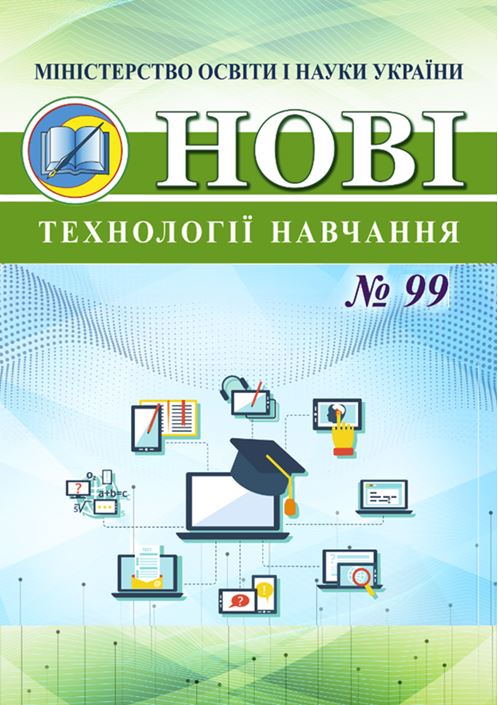Analysis of the experience of organizing the practice of ZFPE students during the period of martial state
DOI:
https://doi.org/10.52256/2710-3560.2025.99.12Keywords:
pre-higher education, internship, activity approach, profession, abilities, developmentAbstract
Practical training of students in institutions of professional pre-higher education, as a form of acquiring professional competencies, is a mandatory component of their professional training. It consists of educational and industrial practices. The main goal of educational practice is to provide students with practical work experience. Its main tasks include: applying theoretical knowledge in practice; developing creative skills and style; studying modern technologies, tools; familiarizing themselves with the basics of working in a communication team, etc. In the process of industrial practice, students get acquainted with the specifics of the relevant production activity using specific examples and can determine which aspects of their profession are interesting to them. Industrial practice helps students understand whether their chosen profession really meets their interests and abilities.
The threats and dangers associated with the introduction of martial law in the state determine and justify the forced conduct of at least some of the practices remotely. Internships have great potential to motivate students to learn and develop their abilities.
As part of the study, a survey of college students in the city of Kharkiv was conducted. The analysis of the responses is of great interest from a scientific, pedagogical, and socio-psychological point of view. It should be noted that the questions and answers concerned practices conducted remotely under martial law. By using modern information and communication technologies and modern forms and new teaching methods, internships in a distance or blended form can be quite effective and meet the needs of students and the purpose of learning.
Downloads
Published
How to Cite
Issue
Section
License
Copyright (c) 2025 Борис Кремінський, Юрій Ївженко

This work is licensed under a Creative Commons Attribution-NonCommercial-ShareAlike 4.0 International License.
Із зазначенням авторства - Некомерційна - Розповсюдження на тих самих умовах 4.0 (CC Attribution-NonCommercial-ShareAlike 4.0)







